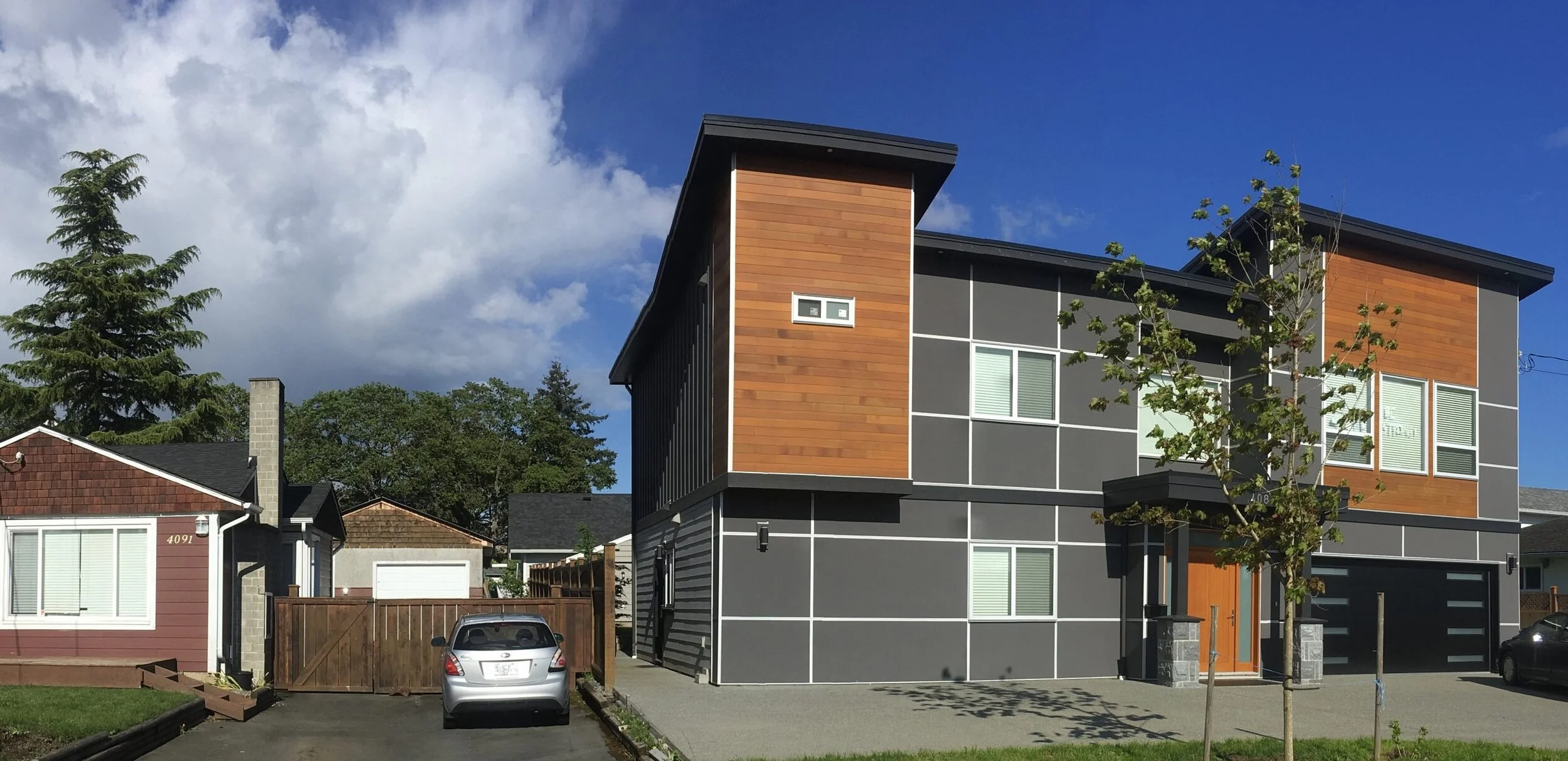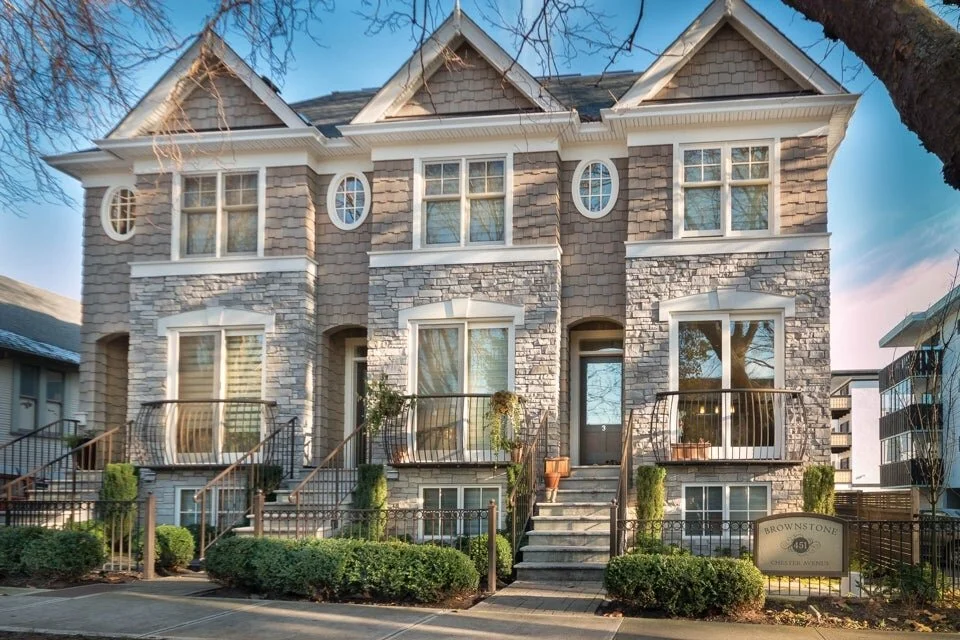Thursday morning news drop
The Case Against Bitcoin: Peter Thiel’s former portfolio manager says that the crypto narrative is built on half-truths and a nonchalance about the security provided by the nation-state. (Bari Weiss)
Stop Worrying and Love the F-150 Lightning Ford’s first electric pickup truck signals that decarbonization has entered a new era. (The Atlantic)
Can Apple change ads? Apple has built up its own ad system on the iPhone, which records, tracks and targets users and serves them ads, but does this on the device itself rather than on the cloud, and only its own apps and services. Apple tracks lots of different aspects of your behaviour and uses that data to put you into anonymised interest-based cohorts and serve you ads that are targeted to your interests, in the App Store, Stocks and News apps (Benedict Evans)
Trump Officials Skirted Rules to Reward Politically Connected and Untested Firms With Huge Pandemic Contracts House Democrats investigating the COVID-19 response say Trump adviser Peter Navarro pressured agencies to award deals worth hundreds of millions of dollars. (ProPublica)
Why Have There Been So Many No-Hitters in 2021? Pitchers are better than ever. Hitters seem worse than ever. With six no-hitters by May 19, baseball is two away from tying the full-season record, which was set in 1884. (New York Times)
How to make space How Victoria could flip the script on density. What would that city look like? What would it feel like? (Capital Daily)
‘Sick City’: What the Pandemic Tells Us about Our Housing Crisis Patrick Condon’s new book ties public health to the price of land. His cures are provocative. (Tyee)
The second-largest country in the world is running out of land Canada’s housing market is running hotter than just about anywhere else in the world. But despite the anxiety about irrational bidding wars and fears of the bubble bursting, what's fundamentally driving it is a worsening imbalance between supply and demand: Buyers want large homes but increasingly can’t have them because there isn’t enough space in and around the major cities where people work. (Bloomberg)
Housing in Victoria, BC
This hideous house on the right can be built without any approvals and is legal everywhere in Victoria, within the zoning bylaws.
These classy townhouses (451 Chester by Abstract Developments) are illegal almost everywhere in Victoria. People believe these will destroy their neighbourhood if allowed, even though it provides practical densification. In what world does that make any amount of sense?

